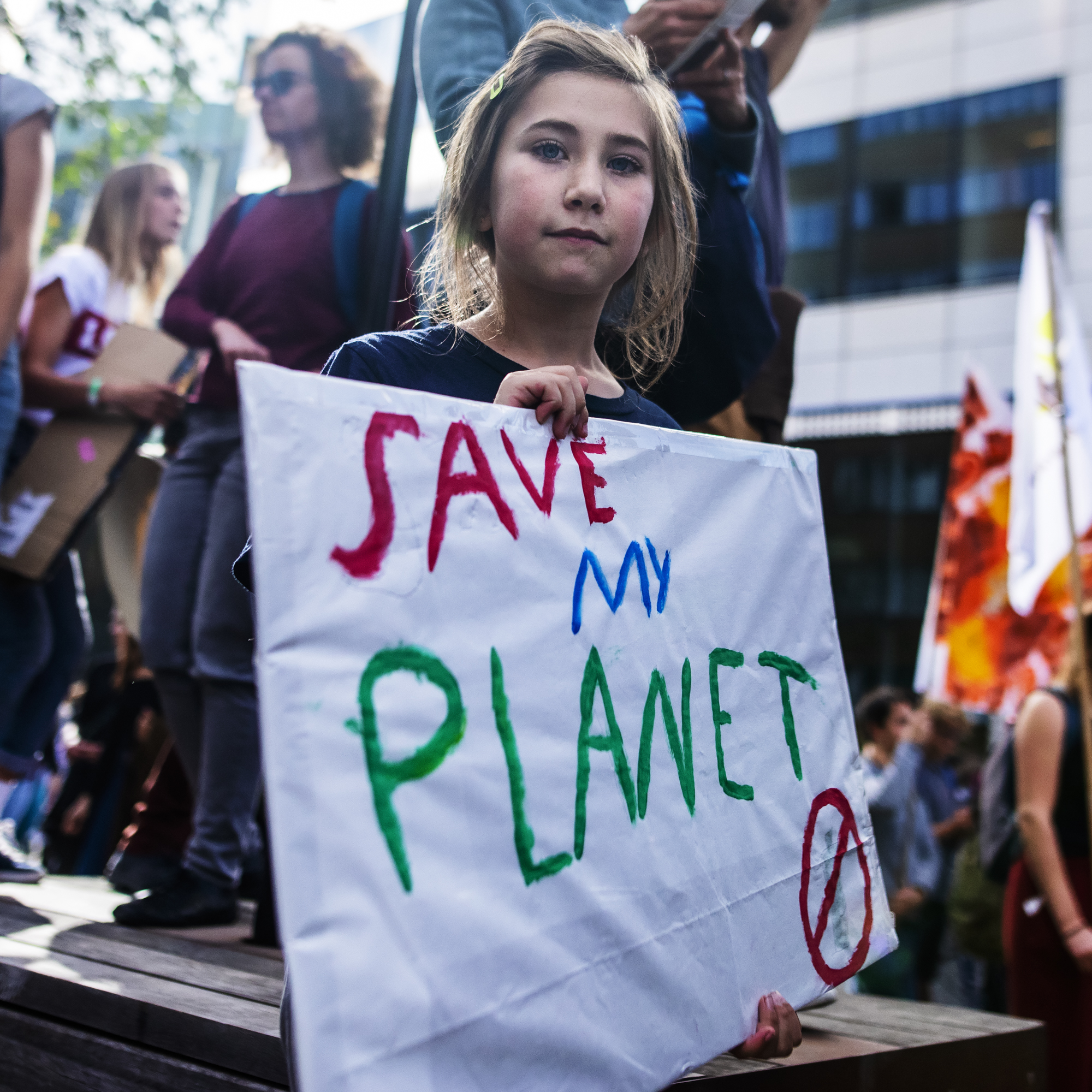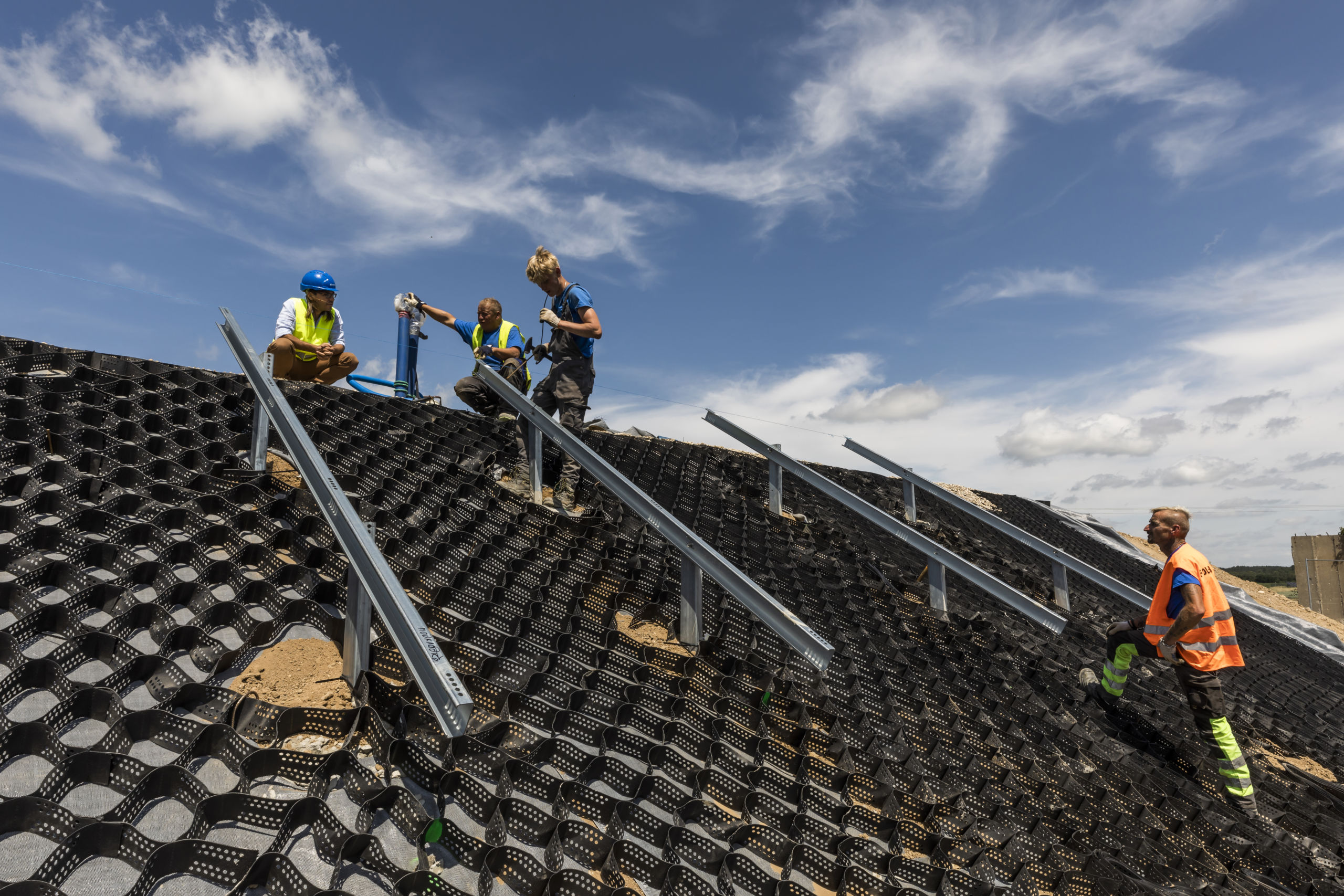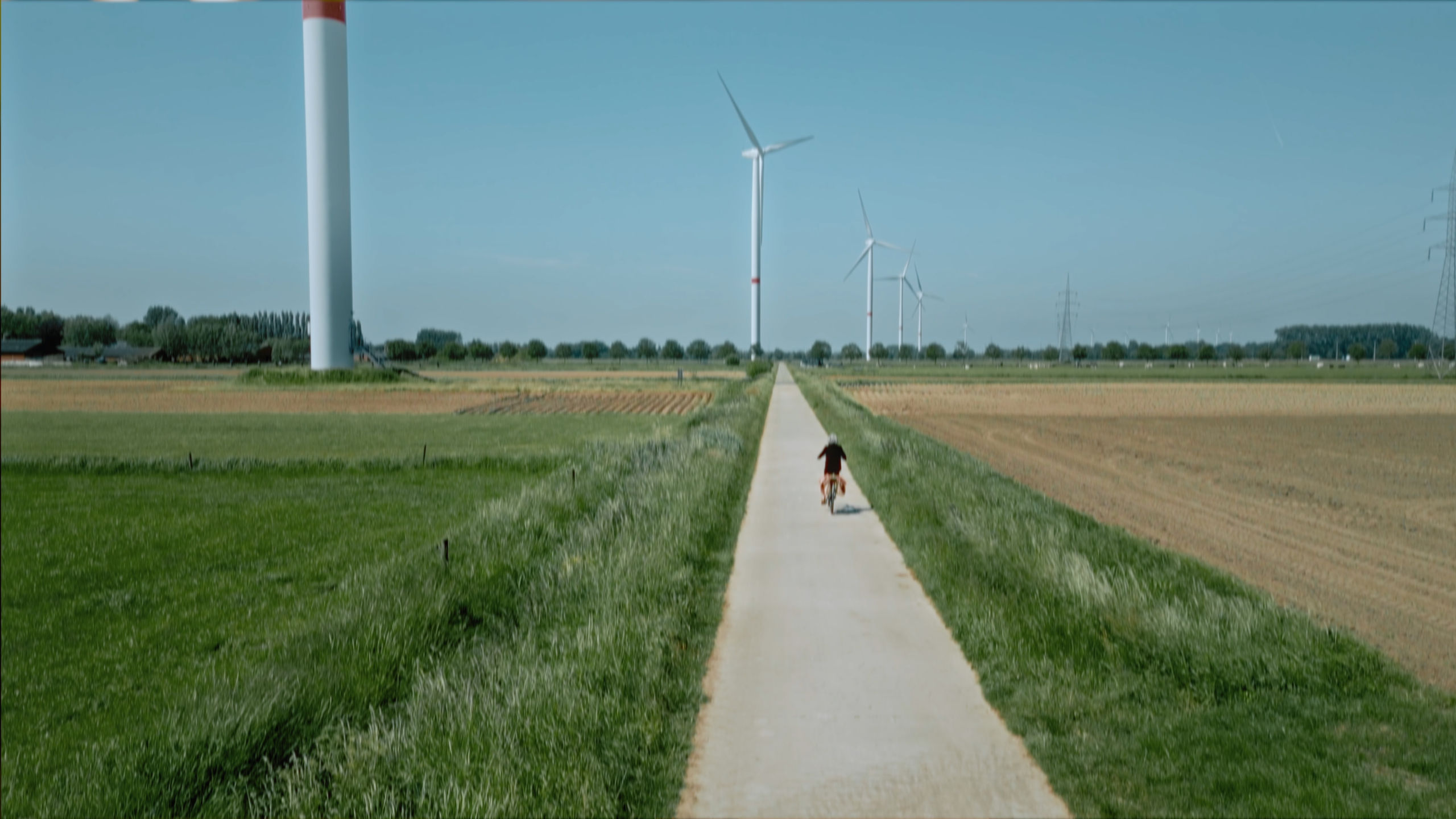The year 2019 began with schoolchildren walking the streets of Europe’s main cities to demand tougher climate action. They helped catalyse a broad movement uniting all ages, cultures and beliefs in the fight for our future. The climate issue became the climate crisis, and politicians were eager to be seen responding.
 The ECF responded by strengthening its in-country work as well as support for social movements and new activist groups across Europe, promoting change and inspiring citizens to contribute to the goal of a net-zero economy by 2050. We continued to push the EU and Britain to play a front-runner role in demonstrating that the pathway towards this economy is fair, achievable and desirable.
The ECF responded by strengthening its in-country work as well as support for social movements and new activist groups across Europe, promoting change and inspiring citizens to contribute to the goal of a net-zero economy by 2050. We continued to push the EU and Britain to play a front-runner role in demonstrating that the pathway towards this economy is fair, achievable and desirable.
While the call for climate action came from the streets, the ECF’s grantees were instrumental in paving the way for change. They played a key role in the European Council’s decision to make 2050 the official goal to achieve climate neutrality and took part in the debate on national climate laws in Germany, Netherlands, Spain, Portugal, Ireland and Denmark, as well as in the European Commission, where a European climate law is in the making. In Scotland, the government declared a “climate emergency,” which was later endorsed by the entire UK government.
With ECF’s help, the campaign from ZERO has helped the government in Portugal to implement a zero-emission zone in the center of Lisbon and to formally approve the Portuguese carbon neutrality roadmap for 2050. Francisco Ferreira, President of ZERO in Portugal
Climate change won big in the European elections in May 2019, with climate progressive parties gaining ground. New European Commission President Ursula van der Leyen followed the momentum by announcing the European Green Deal as her top priority, for the first time putting the EU truly on track towards a zero greenhouse gas emissions economy by 2050.
The ECF network also threw its efforts into the decarbonisation of several sectors. On coal, utilities contemplated the combination of increasing competition from cheap renewables, high carbon prices, public pressure and the prospects of ever-tighter policies, ultimately pushing European countries to start drafting plans to phase out coal: Greece, Slovakia, Hungary and Spain presented more promising plans, while Germany set a less ambitious phase-out date of 2038.
Mobility was another sector where the tipping point loomed large. Following a five-year campaign funded by the ECF network, the EU set out on the third phase of world-leading CO2 standards for cars, requiring that around 40% of car sales be electric by 2030.
At the same time, our grantees played a crucial role in formulating the first steps of the long-term redefinition of the entire global financial system. They made their voices heard on energy lending guidelines, supporting the decision of the European Investment Bank (EIB) to exclude lending for gas projects. They also contributed to the European Commission’s Green Taxonomy to help investors identify which assets are compatible with our climate goals, facilitating a new turning point.
One last significant milestone in 2019 we witnessed was how the tone of the decarbonisation of heavy industry debate shifted from whether to how. The European Commission set the stage under the Green Deal for an industry that is competitive, digital and in line with the objectives of the Paris Agreement.



 The ECF responded by strengthening its in-country work as well as support for social movements and new activist groups across Europe, promoting change and inspiring citizens to contribute to the goal of a net-zero economy by 2050. We continued to push the EU and Britain to play a front-runner role in demonstrating that the pathway towards this economy is fair, achievable and desirable.
The ECF responded by strengthening its in-country work as well as support for social movements and new activist groups across Europe, promoting change and inspiring citizens to contribute to the goal of a net-zero economy by 2050. We continued to push the EU and Britain to play a front-runner role in demonstrating that the pathway towards this economy is fair, achievable and desirable.